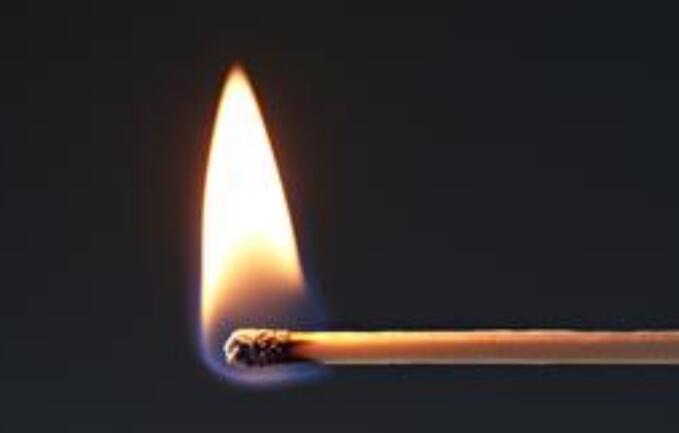(单词翻译:单击)
The commercial potential for the stuff—which soon became known as phosphorus, from Greek and Latin roots meaning "light bearing"—was not lost on eager businesspeople, but the difficulties of manufacture made it too costly to exploit. An ounce of phosphorus retailed for six guineas—perhaps five hundred dollars in today's money—or more than gold.
它很快被称之为磷,这个名字源自希腊文和拉丁文,意思是“会发光的”。有眼光的实业界人士看到了这种物质的潜在商业价值,但生产的难度很大,成本太高,不好开发。一盎司(约28.35克)磷的零售价高达6几尼—很可能相当于今天的300英镑—换句话说,比黄金还要贵。
At first, soldiers were called on to provide the raw material, but such an arrangement was hardly conducive to industrial-scale production. In the 1750s a Swedish chemist named Karl (or Carl) Scheele devised a way to manufacture phosphorus in bulk without the slop or smell of urine. It was largely because of this mastery of phosphorus that Sweden became, and remains, a leading producer of matches.
起先,人们号召士兵们提供原料,但这样的做法对工业规模的生产几乎无济于事。18世纪50年代,一位名叫卡尔·金勒的瑞典化学家发明了一种方法,不用又脏又臭的尿就能大量生产磷。很大程度上就是因为掌握了这种生产磷的方法,瑞典才成为——而且现在还是——火柴的一个主要生产国。

Scheele was both an extraordinary and extraordinarily luckless fellow. A poor pharmacist with little in the way of advanced apparatus, he discovered eight elements—chlorine, fluorine, manganese, barium, molybdenum, tungsten, nitrogen, and oxygen—and got credit for none of them. In every case, his finds were either overlooked or made it into publication after someone else had made the same discovery independently. He also discovered many useful compounds, among them ammonia, glycerin, and tannic acid, and was the first to see the commercial potential of chlorine as a bleach—all breakthroughs that made other people extremely wealthy.
金勒既是个非同寻常的,又是个极其倒霉的人。他是个地位低下的药剂师,几乎在没有先进仪器的情况下发现了8种元素——氯、氟、锰、钡、钼、钨、氮和氧——但什么功劳也没有得到。每一次,他的发现要么不受人注意,要么在别人独立做出同样的发现以后才加以发表。他还发现了许多有用的化合物,其中有氨、甘油和单宁酸;他还认为氯可以用做漂白剂——具有潜在商业价值的第一人——这些重大的成就都使别人发了大财。


